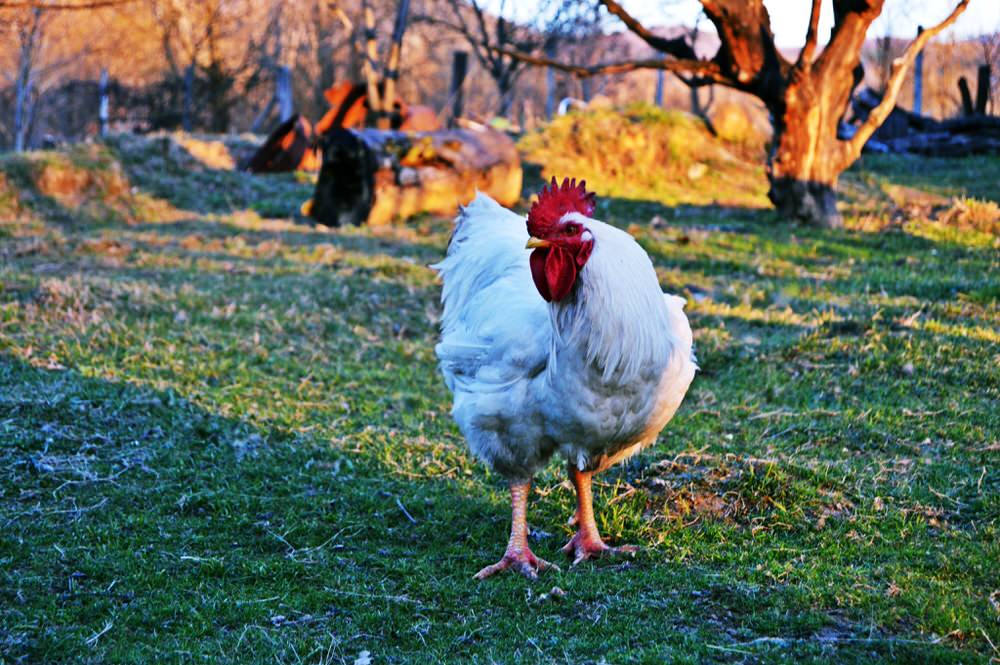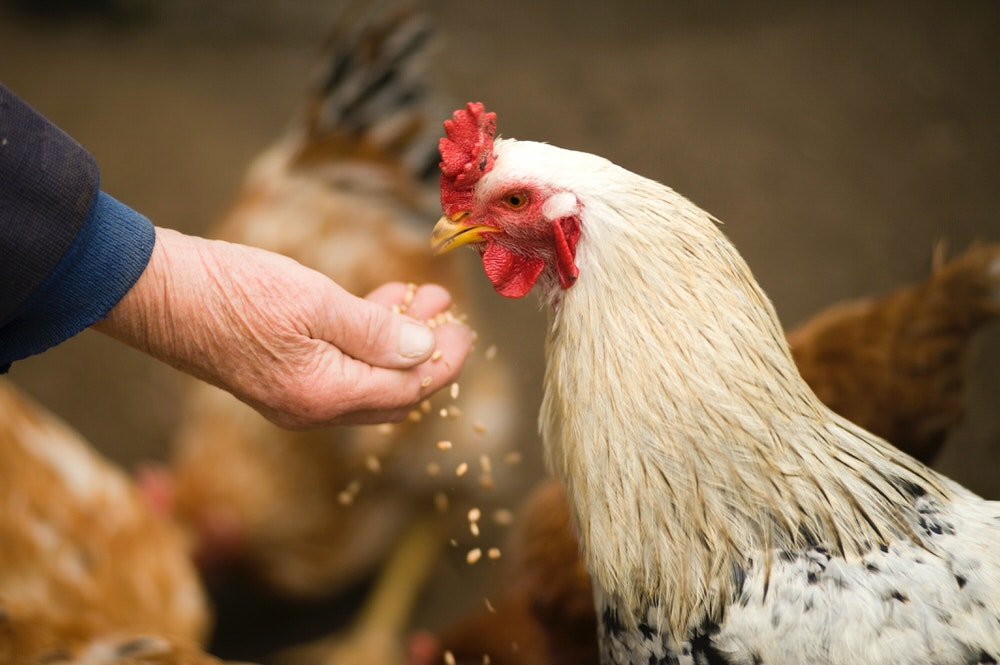Keeping chickens as a hobby is a great way to get your family involved in the outdoors and animal care. Not only will caring for chickens provide your family with fresh eggs every day, but it will also give you a new sense of responsibility and trust. Fortunately, keeping chickens isn’t as difficult as it sounds. Keep reading this guide to learn how to keep chickens in your home.
Coops And Netting
When it comes to keeping chickens, one of the most obvious necessities is a coop. A chicken coop should be set up in an area that is close to your home but has plenty of room for the chicken to roam. Netting will help you protect your chickens from predators like foxes while also providing them with the room they need. Your chicken’s run should have at least one square meter per chicken; however, two square meters per chicken is better. If you need help finding the right size coop and netting for your chickens, check out the range at Little Peckers to get started. They have everything you need to create the perfect habitat for your chickens.
Chicken Feed
One of the most important things to do when caring for chickens is to provide them with enough food. There are many different foods you can feed your chickens, but it’s best to talk to a knowledgeable vet in order to figure out what type of food will work for your specific needs. Your vet will help you set up the right feeding schedule for your chickens that will keep them in the best health. A well-balanced diet is essential for ensuring your chickens remain healthy and produce quality eggs; some of the things you can feed your chickens include:
- Pelleted chicken feed
- Fruit
- Vegetables
- Grit, such as crushed oyster shells for digestion
- Treats like mealworms
Cleaning Out The Coop
One of the most important jobs you will have as a chicken owner is to clean out the coop. At the end of every day, you should take the time to clean out any leftover food from your chicken’s habitat as this will ensure their coop and run stay hygienic as well as free from pests. You should also clean out your chicken’s droppings once a week and lay down fresh bedding in the coop. Depending on how many chickens you have, you should also conduct a deep clean once or twice a year. This will involve thoroughly scrubbing all the surfaces inside the coop, and it will ensure that your chickens live a happy and healthy life.
 Establishing A Routine
Establishing A Routine
Establishing a daily routine is one of the most important ways to care for chickens. When you have a routine, you know what to do and when to do it. You can easily monitor your chickens’ health if you keep up with their routines. You can also make sure that they’re getting everything that they need to stay healthy and happy. Additionally, chickens thrive when they have a routine, and any breaks in this schedule can cause stress, so it’s best to establish a good routine early.
General Health
It is important to keep your chickens healthy, so you will need to maintain their general health. This means that you should give your chickens ample room, fresh water and feed every day, and a clean place to sleep. You will also want to keep an eye on the condition of the coop and make sure it is dry and well ventilated.
Cold Weather Tips
Winter is the coldest season, which means that your chicken coop will need certain modifications to ensure that your chickens are comfortable. To ensure that your chickens stay warm and cosy, you will want to get a heating pad to keep them warm at night. Some people also recommend adding more bedding around the coop to insulate from the freezing temperatures outside.
Finding A Hen Friendly Vet
The most important task you need to take care of is finding a hen-friendly vet. You’ll want to find a veterinarian that can be reached easily if you ever have any questions or concerns about your chicken’s health. A veterinarian will be able to tell you how much food and water chickens should have each day, and they can also provide you with information on what vaccinations to give your chicken. Additionally, your vet can also help you manage your worming schedule to ensure your chickens remain infestation free and healthy.
Conclusion
Whether you’re new to the world of chicken-keeping or you’re an old pro, taking care of chickens is a rewarding and sometimes challenging experience. But with a little research and a lot of good advice help from your vet, you can raise happy, healthy hens that will reward you with eggs, entertainment and a whole lot of love.

 Establishing A Routine
Establishing A Routine